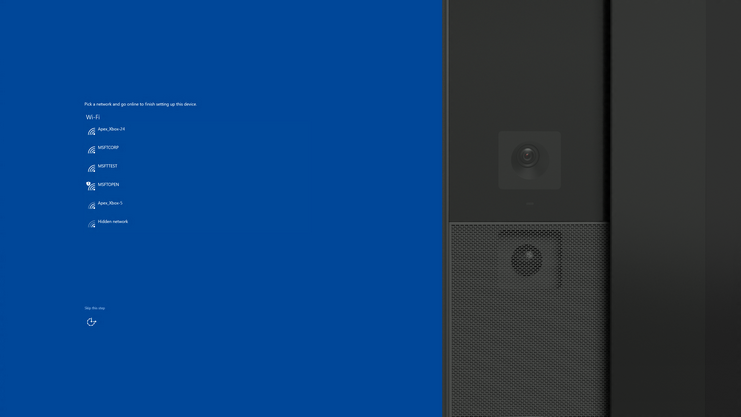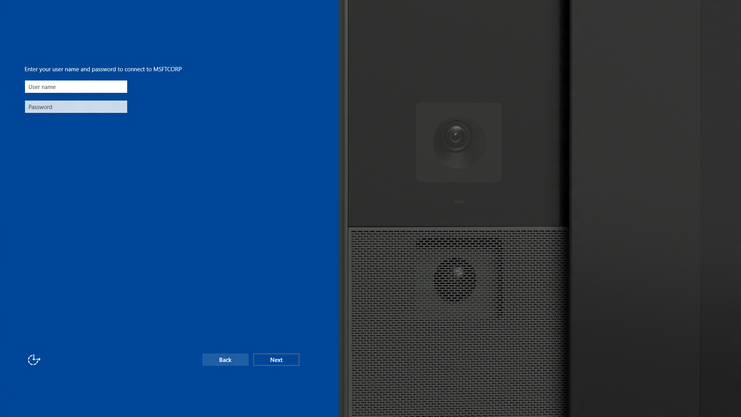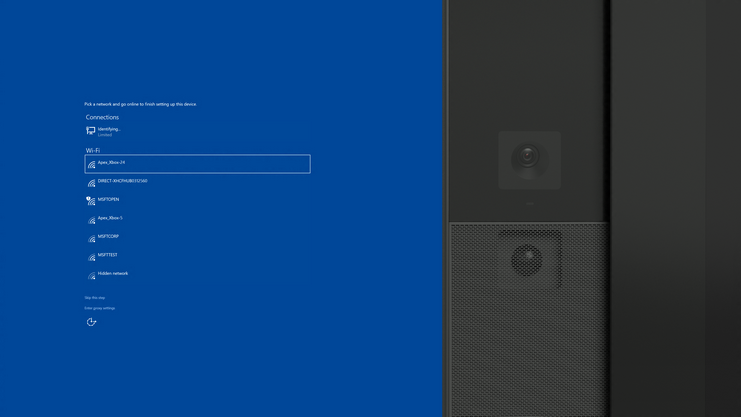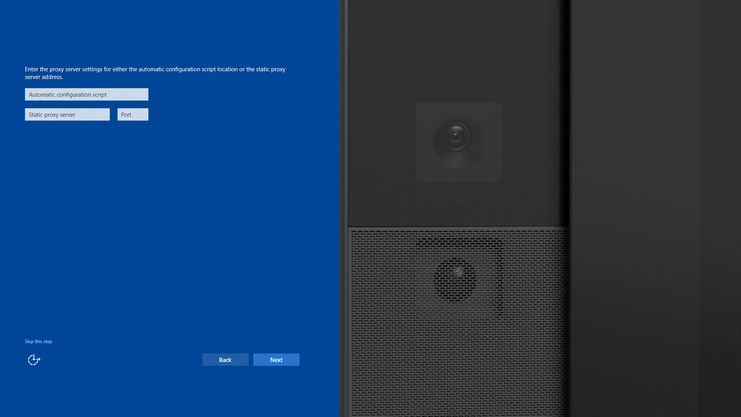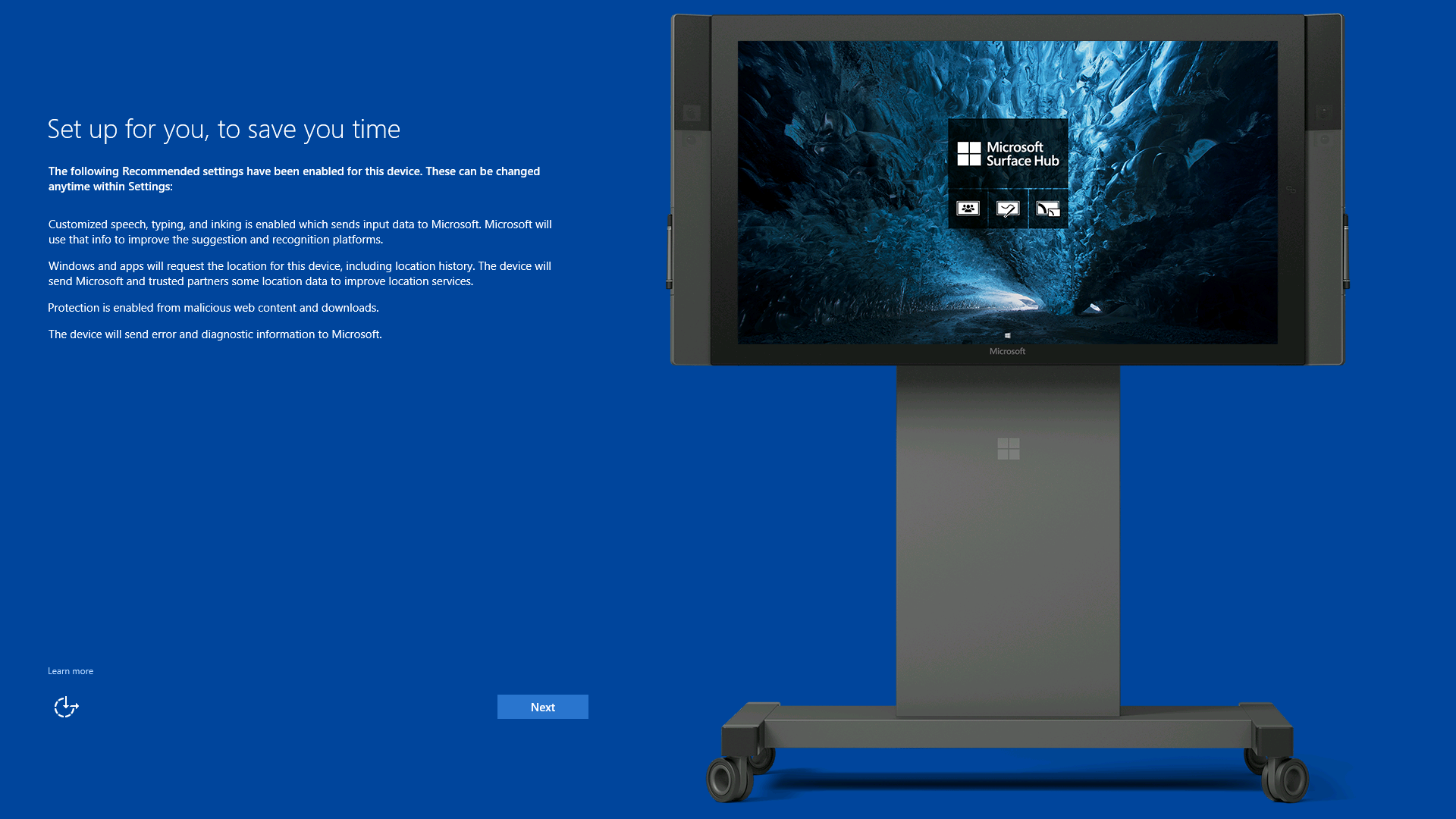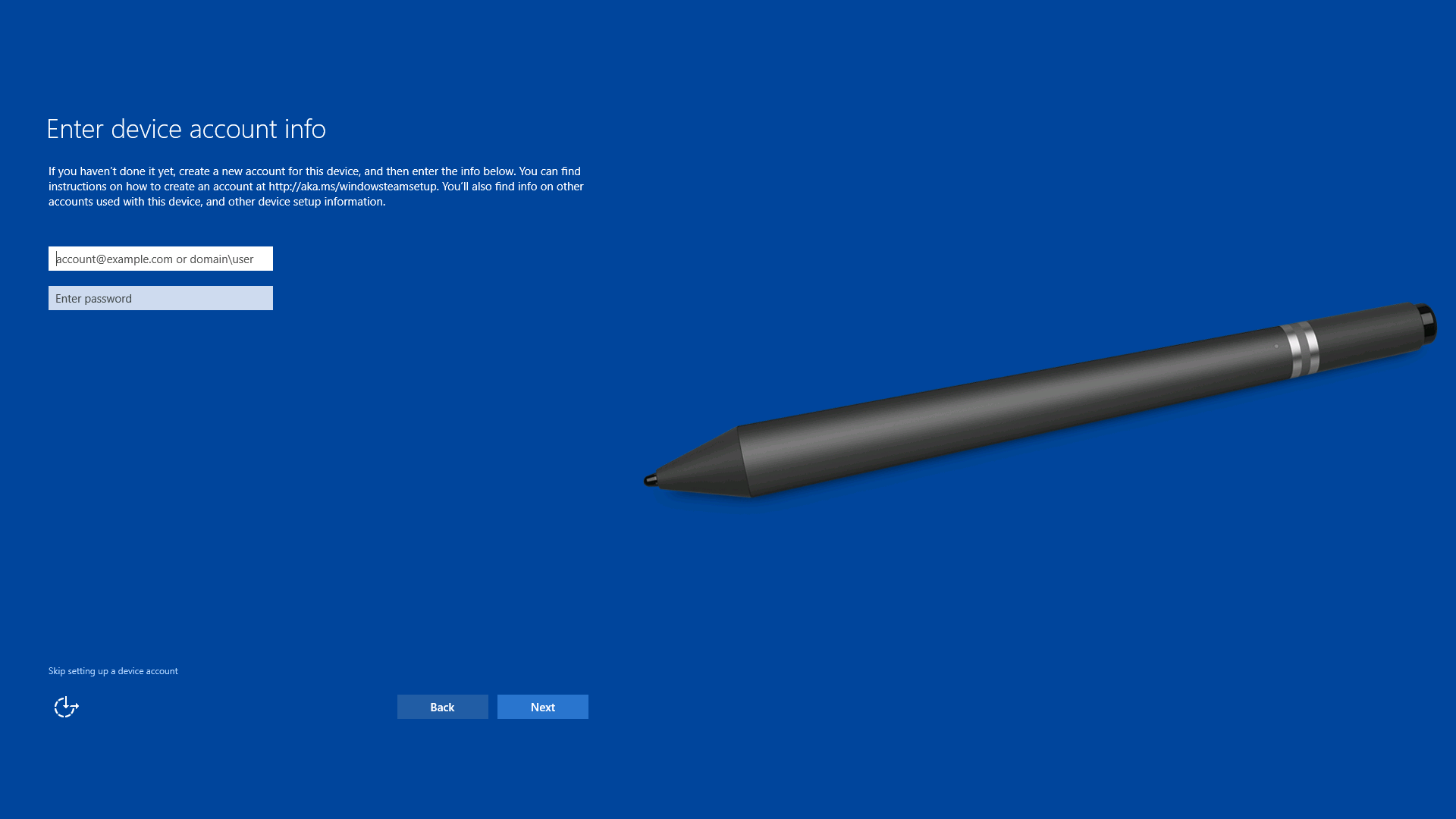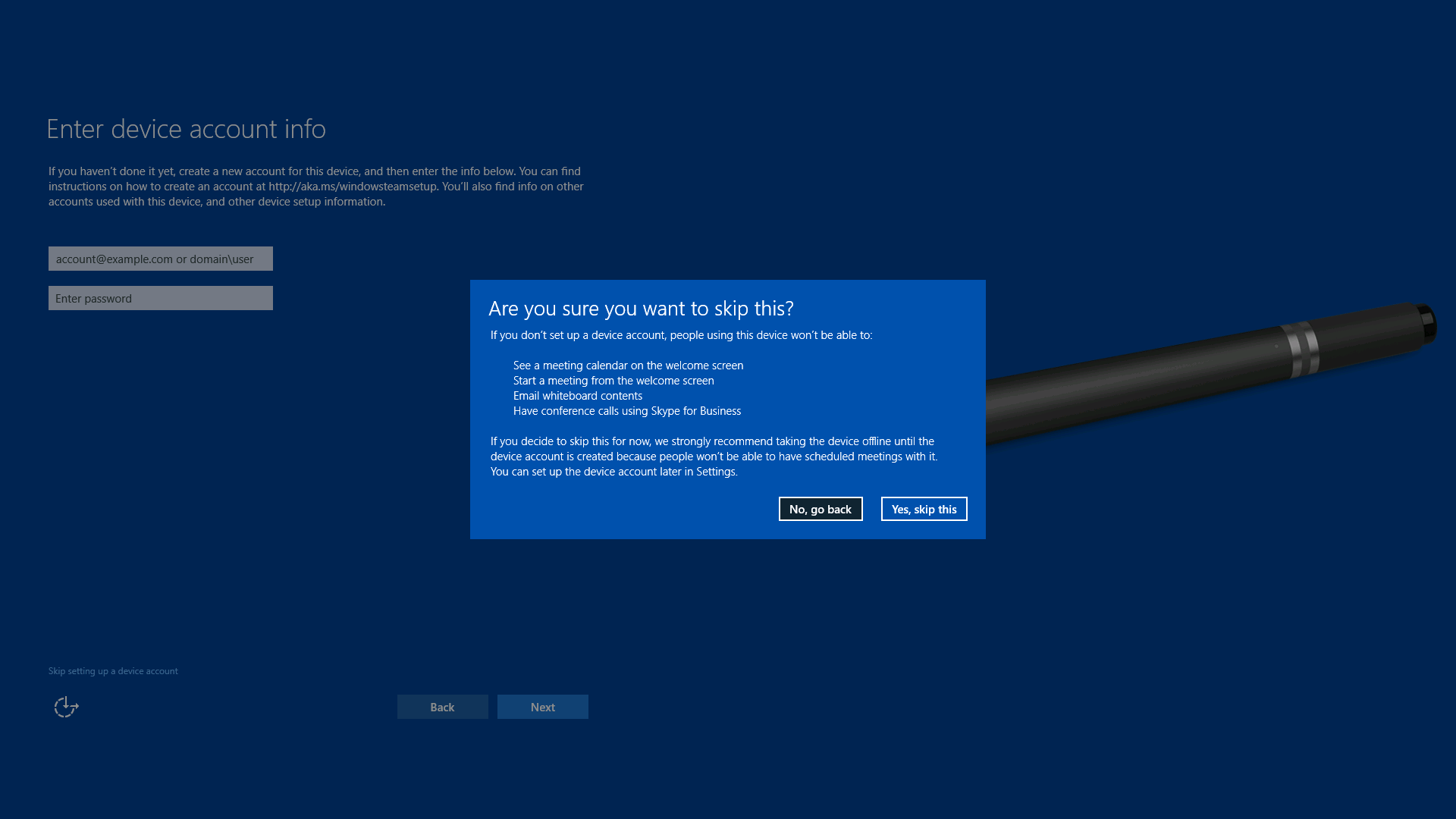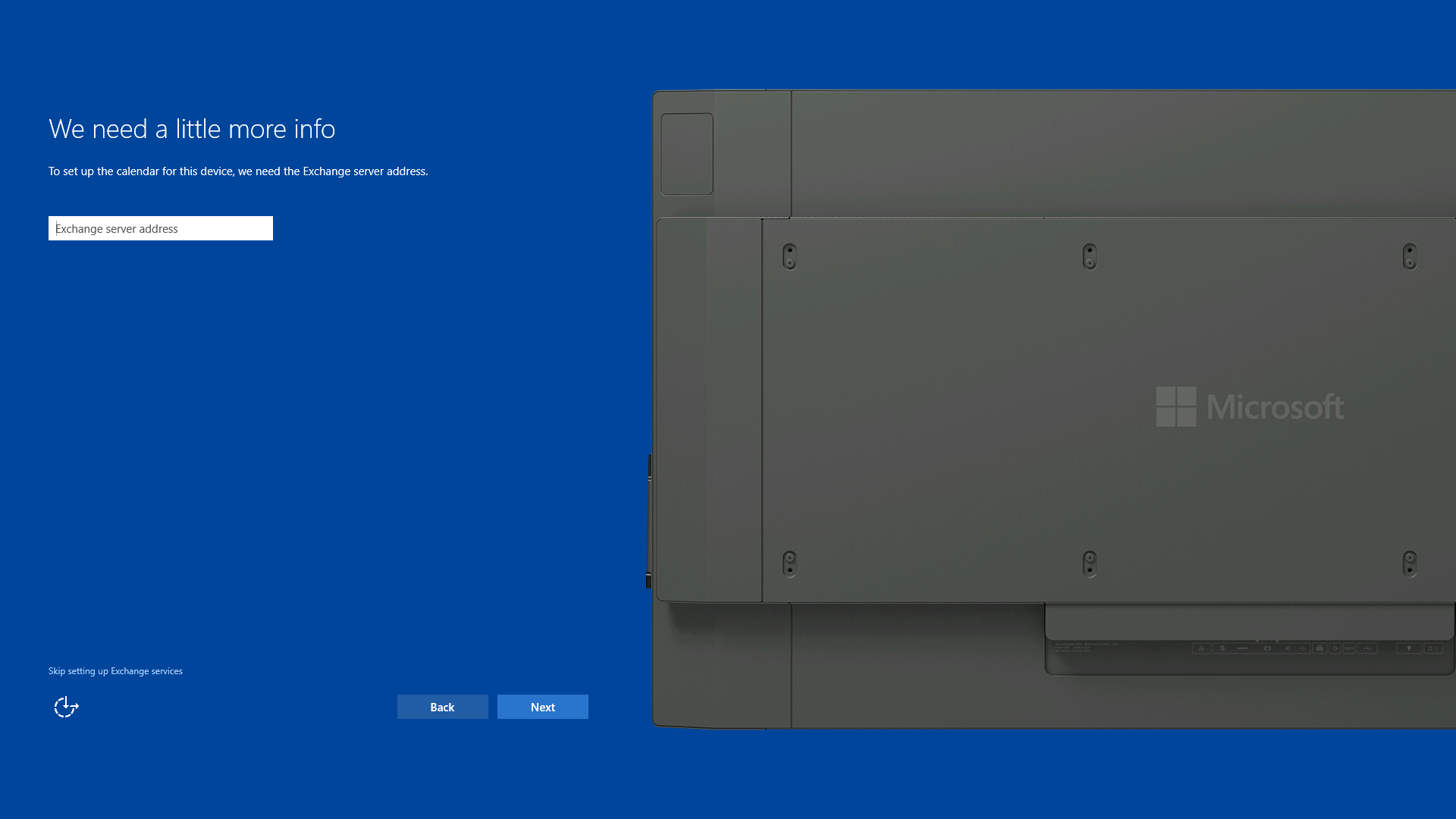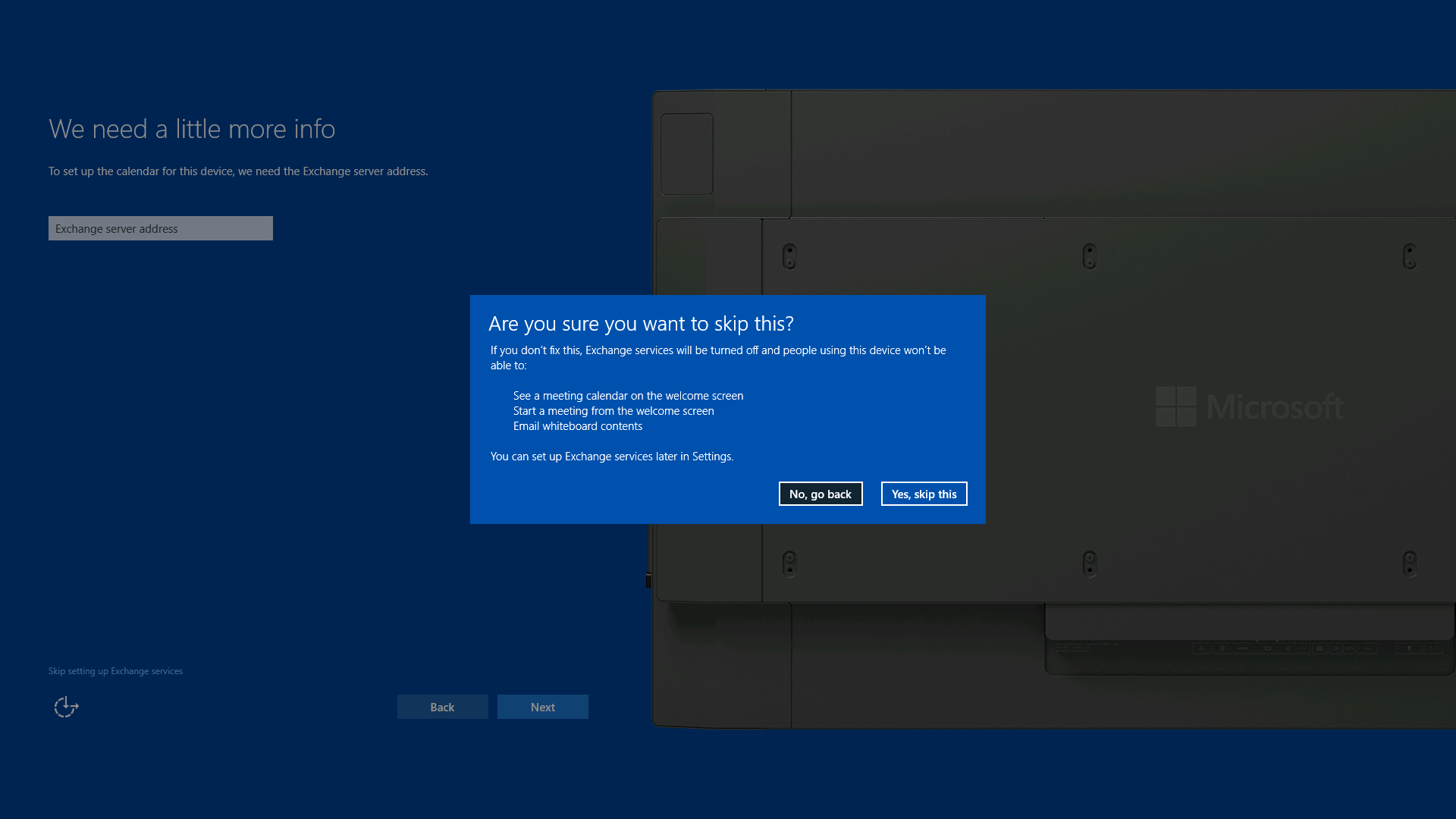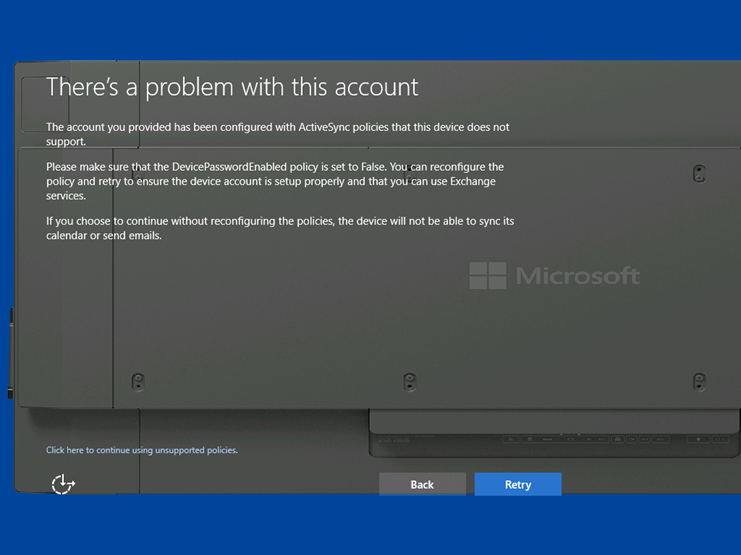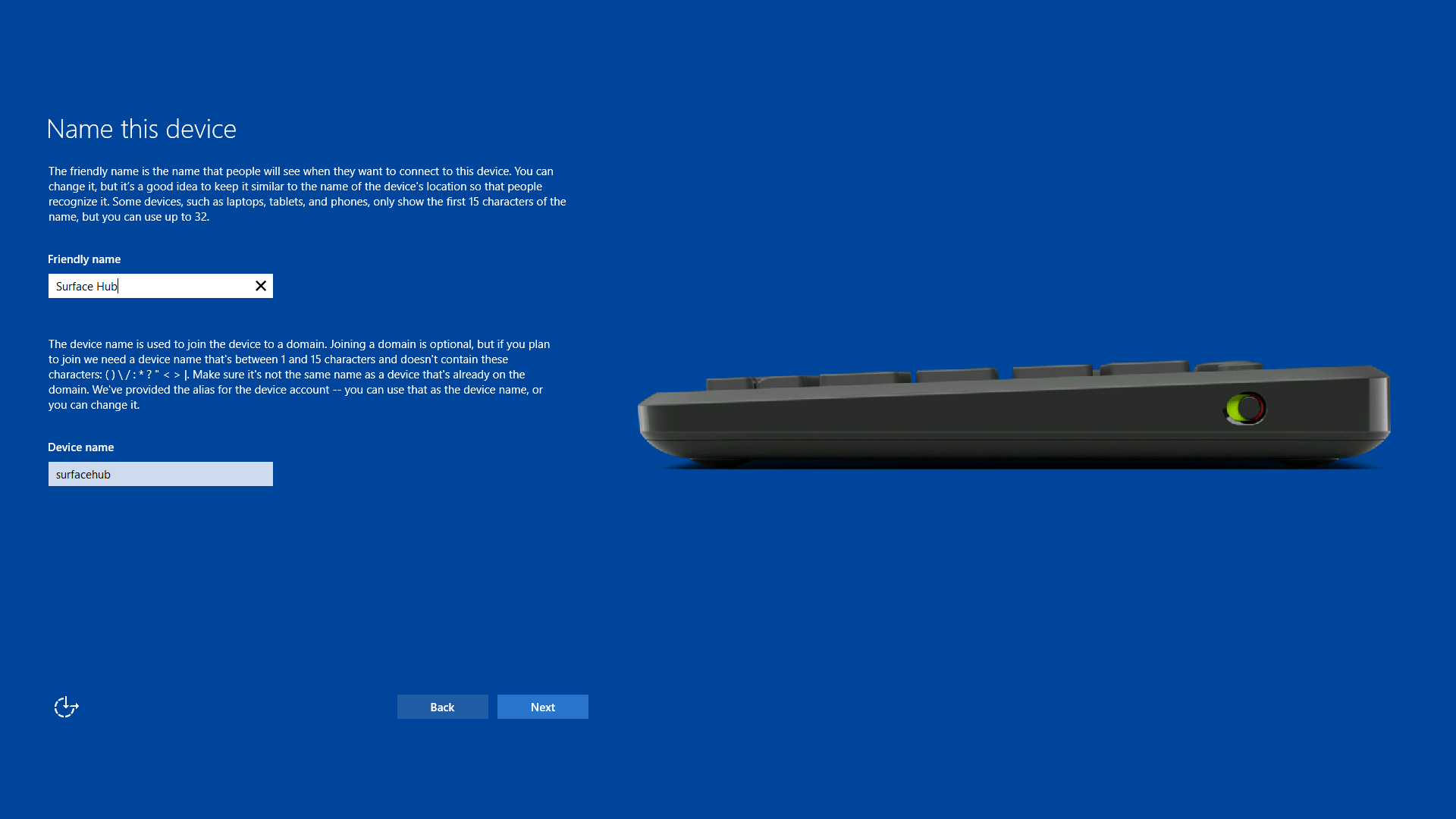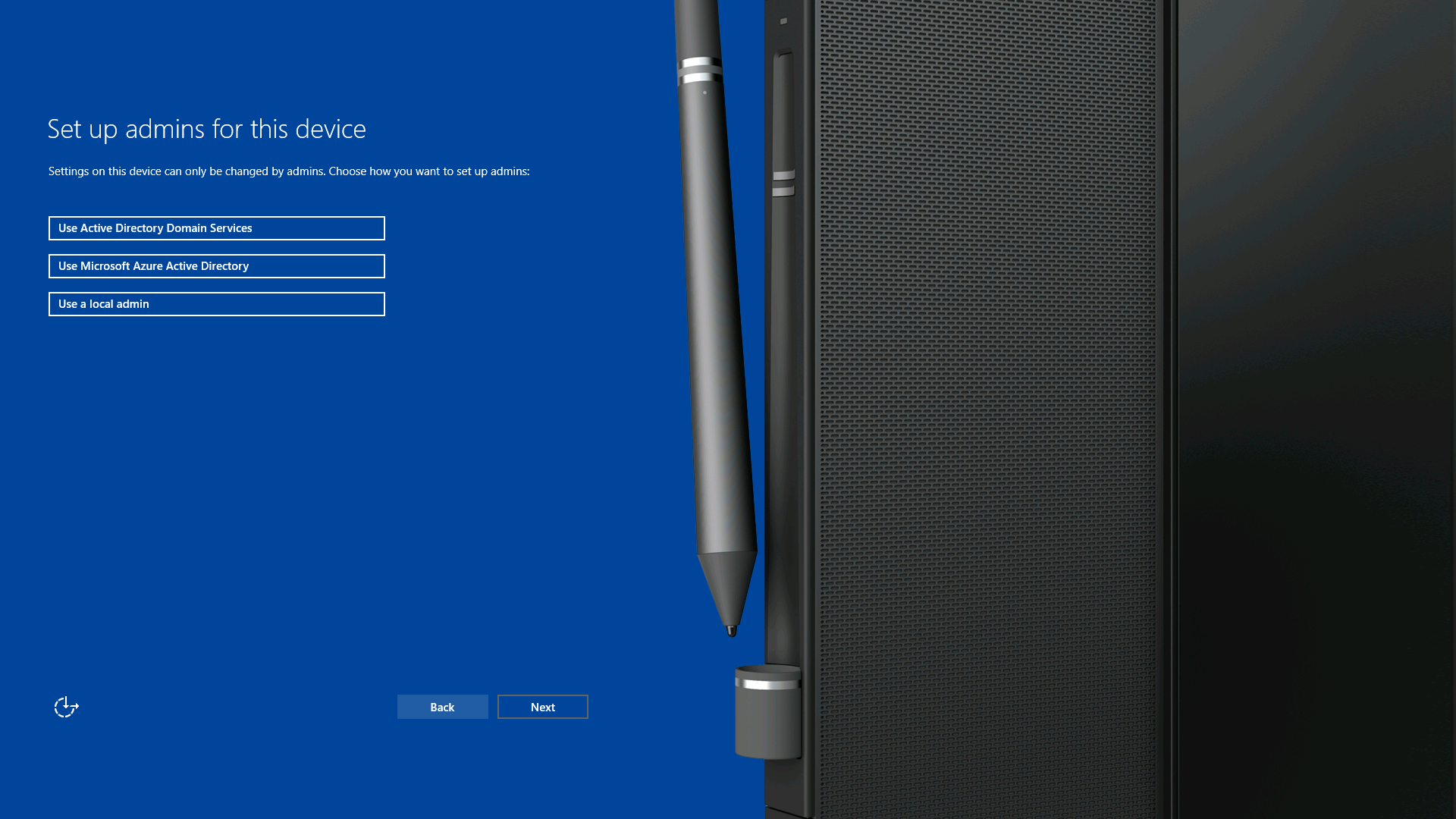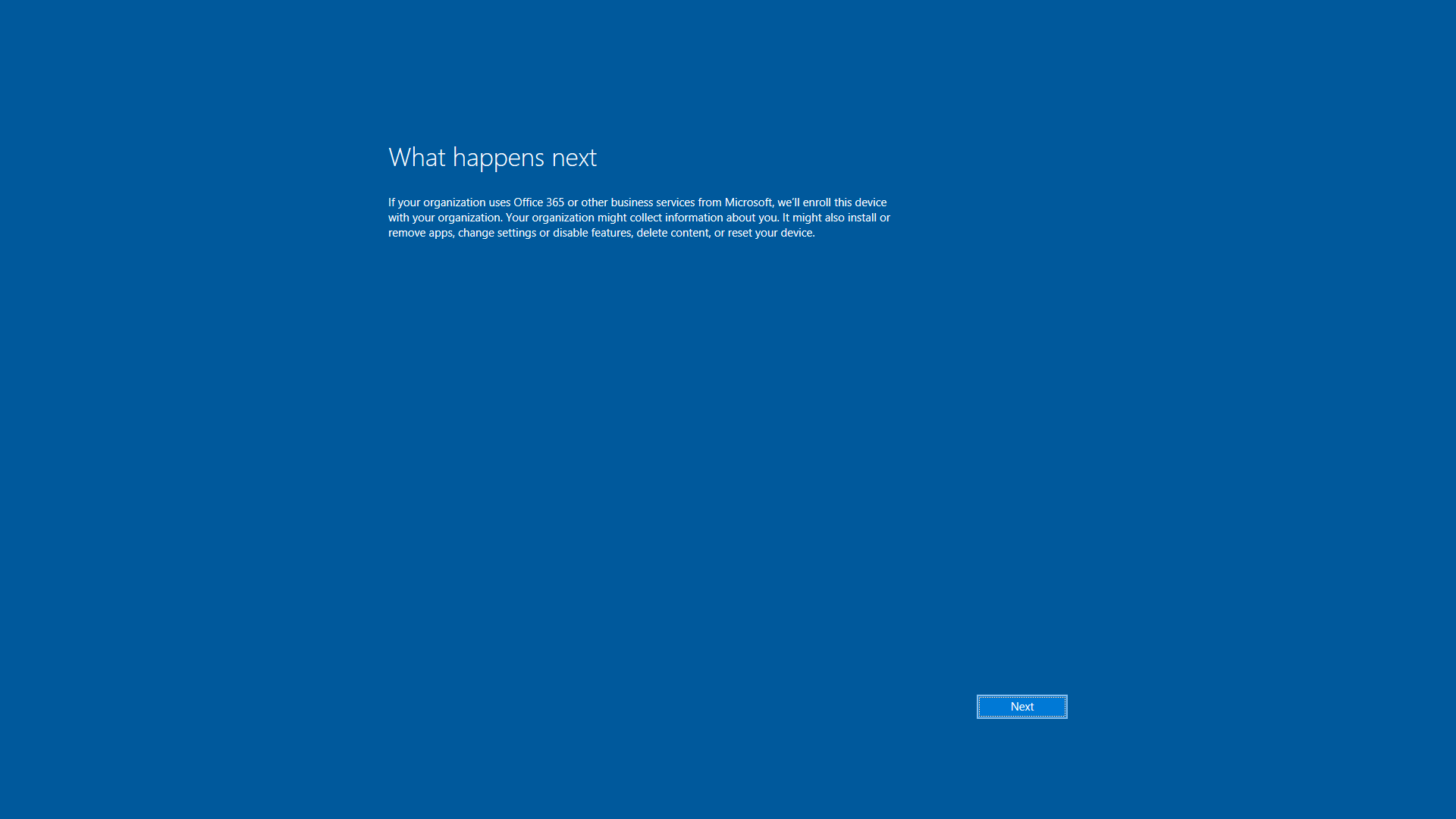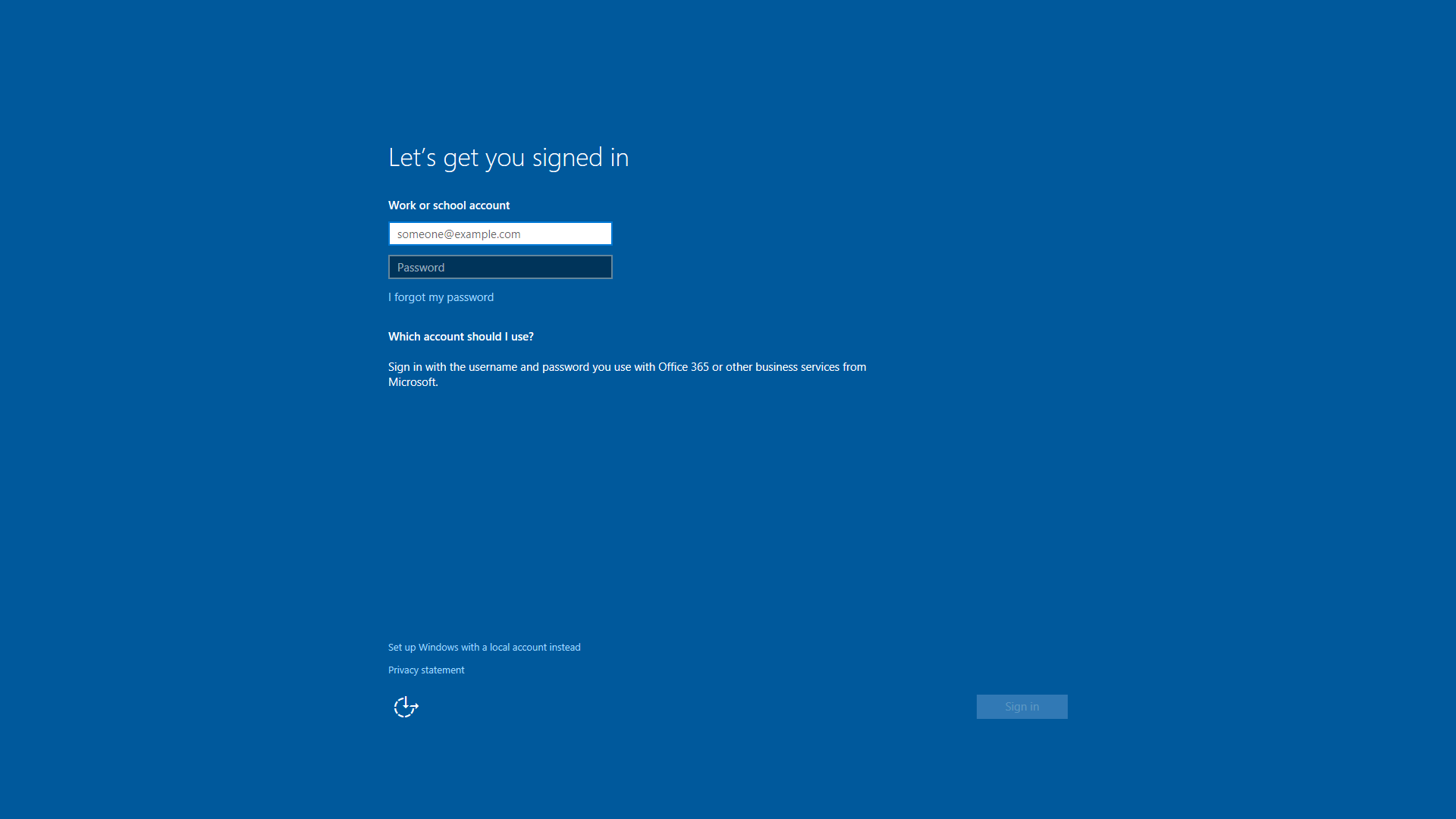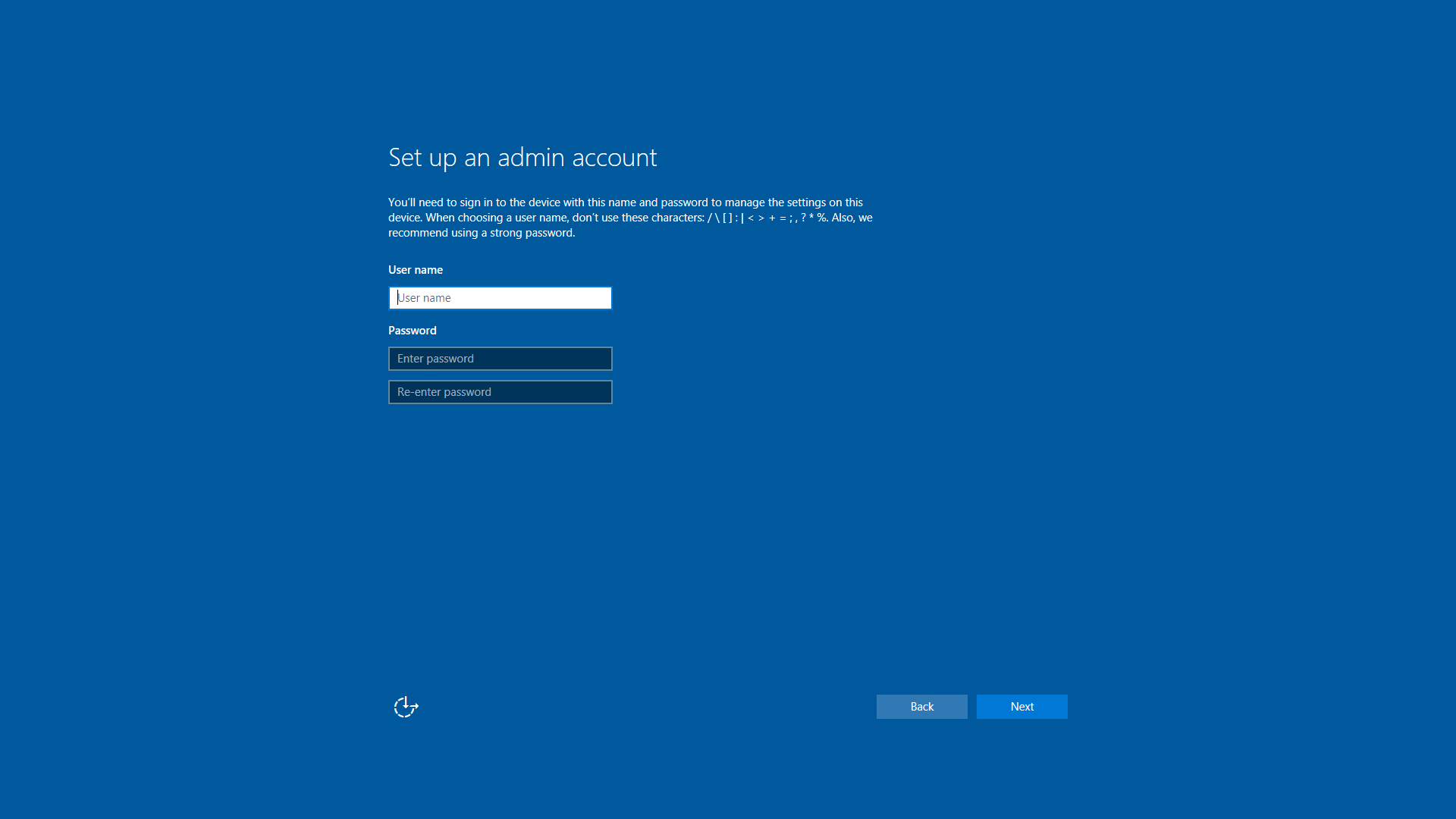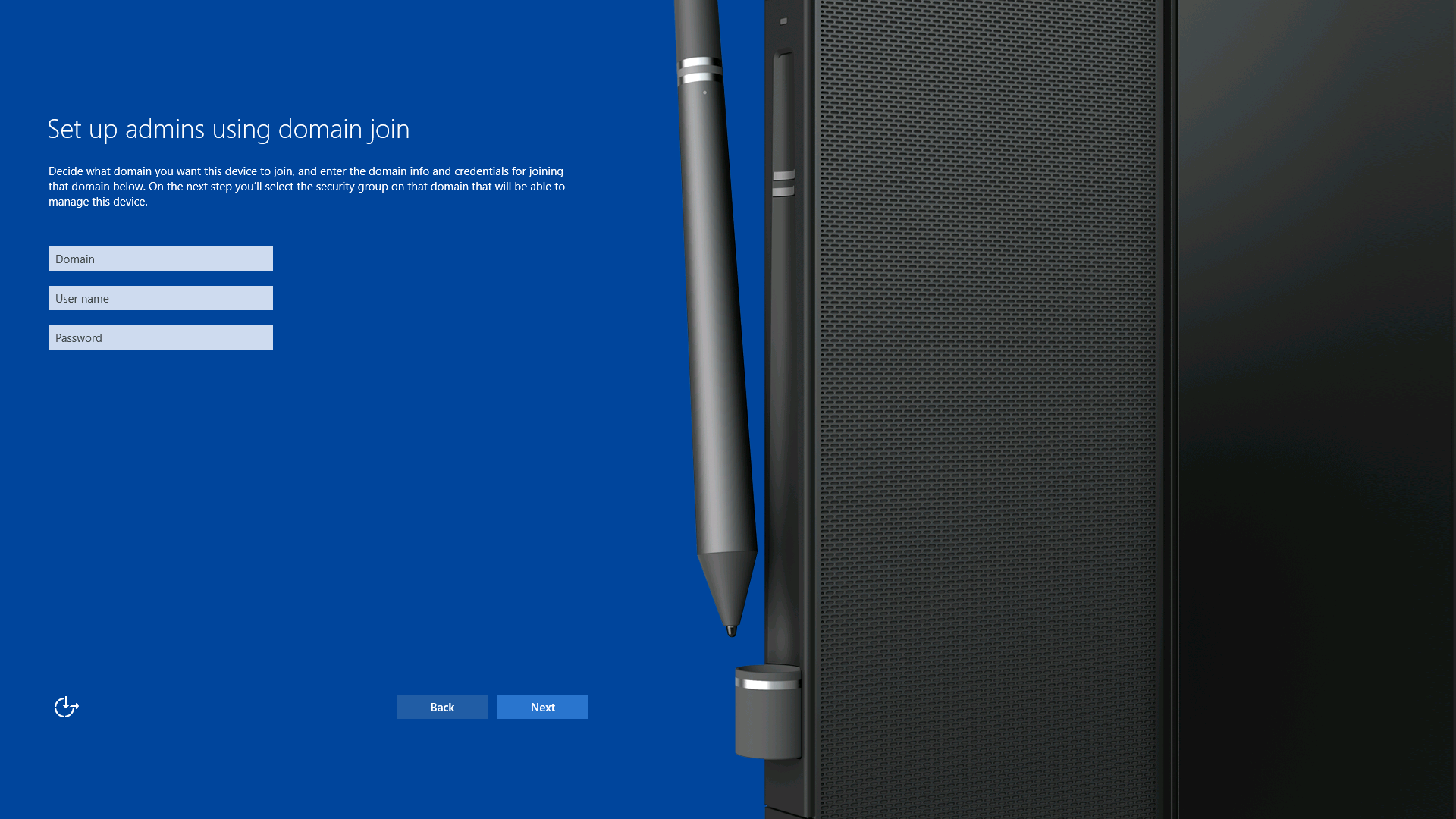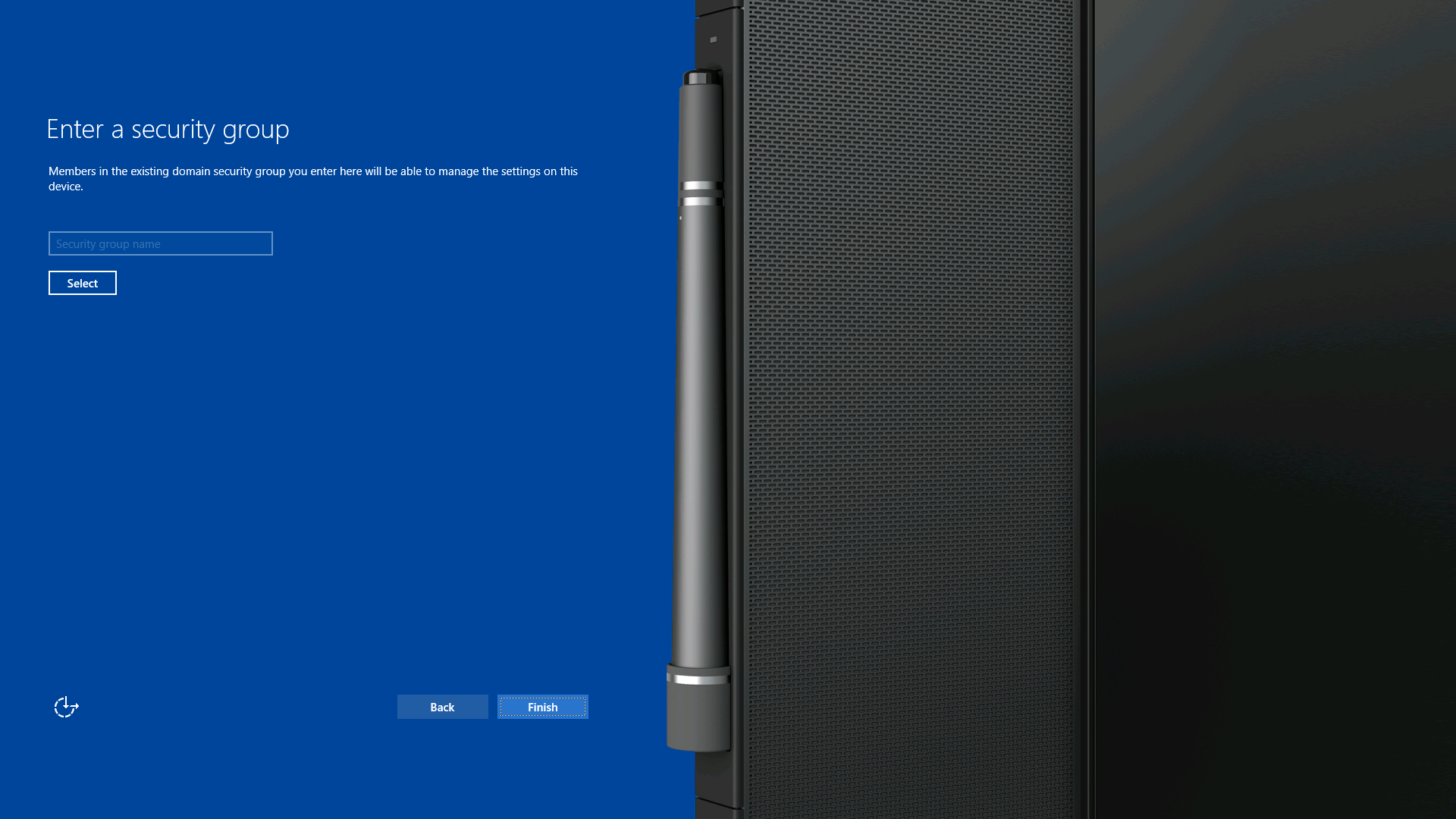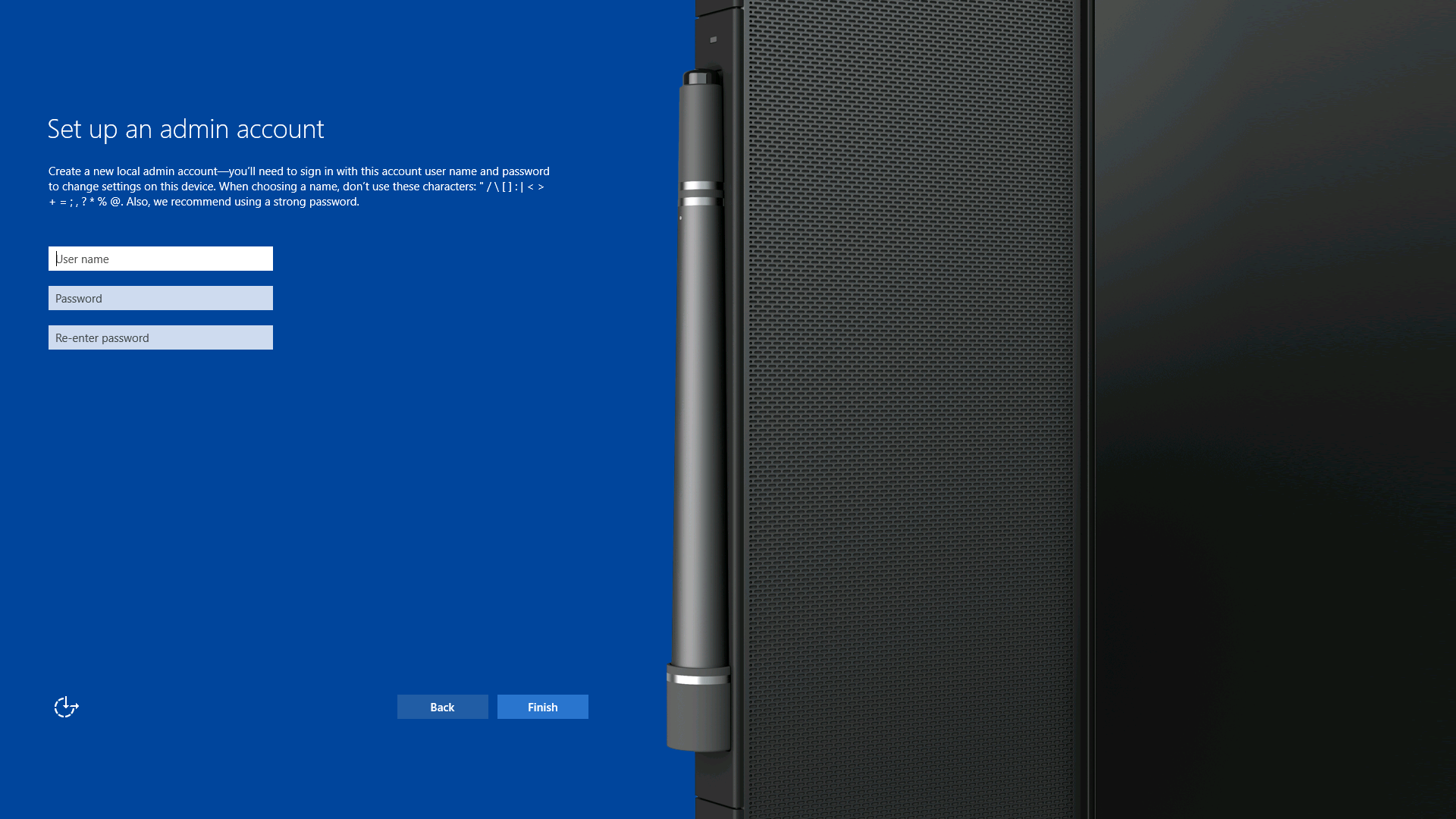commit d6a8bce79e491a8a245a37a9e20e6a6bec4d325b
Merge: 0ab4e4e1 a7c70ad4
Author: jdeckerMS <jdecker@microsoft.com>
Date: Thu Mar 23 10:35:16 2017 -0700
Merge remote-tracking branch 'refs/remotes/origin/rs2' into jdrs2sh
commit 0ab4e4e119590e0e8cef691eee2b87180b07c5b3
Author: jdeckerMS <jdecker@microsoft.com>
Date: Thu Mar 23 10:29:48 2017 -0700
Jordan feedback
commit 4454eeadbebb5fccdbfb3b1d07e87d708fefbe87
Merge: 03444e15 ef670cb5
Author: jdeckerMS <jdecker@microsoft.com>
Date: Thu Mar 23 09:26:54 2017 -0700
Merge remote-tracking branch 'refs/remotes/origin/rs2' into jdrs2sh
commit 03444e15f5b51bd1bdf1e76745f62cbbed3b529d
Merge: 603408f3 660a6984
Author: jdeckerMS <jdecker@microsoft.com>
Date: Wed Mar 22 11:00:46 2017 -0700
Merge branch 'rs2' into jdrs2sh
commit 603408f38ecd99e6f7fce1f61a4f199918fd67c4
Merge: 6821f22f b96e1555
Author: jdeckerMS <jdecker@microsoft.com>
Date: Tue Mar 21 13:54:33 2017 -0700
Merge remote-tracking branch 'refs/remotes/origin/rs2' into jdrs2sh
commit 6821f22f07f1864bb0a5c8eda33f7daf4f9531bc
Author: jdeckerMS <jdecker@microsoft.com>
Date: Tue Mar 21 13:41:44 2017 -0700
change ICD references
commit 5804bc18db376fba16e8c863f5af8ffdd965359a
Author: jdeckerMS <jdecker@microsoft.com>
Date: Tue Mar 21 13:39:55 2017 -0700
rename file
commit 9268142c9b881b0e0ad4fc2a0d4dcfddc180a1b3
Author: jdeckerMS <jdecker@microsoft.com>
Date: Tue Mar 21 13:32:31 2017 -0700
update what's new
commit 503be68ec3a731434ca789df2da1f1c4783fdca7
Author: jdeckerMS <jdecker@microsoft.com>
Date: Tue Mar 21 13:30:48 2017 -0700
art
commit 93914a2cf2aef9622b172c8ea97a3c1d72544c6a
Author: jdeckerMS <jdecker@microsoft.com>
Date: Tue Mar 21 13:30:43 2017 -0700
Jordan updates
commit 27b1445ba4149fa78b7ec628870b19933307ba38
Merge: 9578dffe 6f0a1f7f
Author: jdeckerMS <jdecker@microsoft.com>
Date: Tue Mar 21 08:19:27 2017 -0700
Merge remote-tracking branch 'refs/remotes/origin/rs2' into jdrs2sh
commit 9578dffee198b0be16992368f571eed81f261818
Author: jdeckerMS <jdecker@microsoft.com>
Date: Mon Mar 20 09:09:56 2017 -0700
new oobe image
commit 616c10e4e404574ecce7726fc76d7582c56b318e
Author: jdeckerMS <jdecker@microsoft.com>
Date: Mon Mar 20 08:23:53 2017 -0700
get bulk token warning
commit 5600a6c7b320c4968686c07df90c62d8110764c9
Merge: cf29bb53 4b34636b
Author: jdeckerMS <jdecker@microsoft.com>
Date: Mon Mar 20 08:22:02 2017 -0700
Merge remote-tracking branch 'refs/remotes/origin/rs2' into jdrs2sh
commit cf29bb53ec1c6e45e068219a796b2a5b04347b15
Merge: 695ec39f a5ec4c4d
Author: jdeckerMS <jdecker@microsoft.com>
Date: Fri Mar 17 09:42:51 2017 -0700
Merge remote-tracking branch 'refs/remotes/origin/rs2' into jdrs2sh
commit 695ec39f81b6da46b442ce8e52c9d9b28d65434a
Author: jdeckerMS <jdecker@microsoft.com>
Date: Thu Mar 16 12:25:06 2017 -0700
delete
# Conflicts:
# devices/surface-hub/TOC.md
# devices/surface-hub/intro-to-surface-hub.md
# devices/surface-hub/surface-hub-administrators-guide.md
commit cc123f7aa0718efaa7cd355df4e3693afb073b9c
Merge: 6b7ddf3e 3c12e864
Author: jdeckerMS <jdecker@microsoft.com>
Date: Thu Mar 16 12:23:40 2017 -0700
Merge remote-tracking branch 'refs/remotes/origin/rs2' into jdrs2sh
commit 6b7ddf3e498d541c2dbb531dd132e7ec0f45eb9d
Merge: 278d14c4 032c25d4
Author: jdeckerMS <jdecker@microsoft.com>
Date: Thu Mar 16 11:34:53 2017 -0700
Merge remote-tracking branch 'refs/remotes/origin/rs2' into jdrs2sh
commit 278d14c462fa386e8979c4e998c464f2cdbf6a6c
Author: jdeckerMS <jdecker@microsoft.com>
Date: Wed Mar 15 10:26:22 2017 -0700
get bulk token
commit 005f12e3939f8134143314e95e6bc9f76db8c3de
Merge: 410e7508 1bff6ddd
Author: jdeckerMS <jdecker@microsoft.com>
Date: Wed Mar 15 10:25:19 2017 -0700
Merge remote-tracking branch 'refs/remotes/origin/rs2' into jdrs2sh
commit 410e750850a5037d843fe9d9c64a477d252ff10e
Merge: d2f94c8f 8eed0956
Author: jdeckerMS <jdecker@microsoft.com>
Date: Tue Mar 14 13:51:32 2017 -0700
Merge remote-tracking branch 'refs/remotes/origin/rs2' into jdrs2sh
commit d2f94c8f9d73868dec86e472fe5ace87b7370ac3
Author: jdeckerMS <jdecker@microsoft.com>
Date: Tue Mar 14 13:27:23 2017 -0700
tweak
commit f629b4f1fd27fad24c258a7de903e6c18e85ec8c
Author: jdeckerMS <jdecker@microsoft.com>
Date: Tue Mar 14 12:44:21 2017 -0700
fix mdm enrollment
commit 1dd74f9e7e353ba9ce5e71c8797cfa8cd02342a7
Author: jdeckerMS <jdecker@microsoft.com>
Date: Tue Mar 14 12:33:24 2017 -0700
add proxy
commit c71e5af71bc866f1a5fe9abefb82b5124fb957fd
Author: jdeckerMS <jdecker@microsoft.com>
Date: Tue Mar 14 12:03:09 2017 -0700
add install link
commit 0344deee4c68ae3c81529dc9cb602eec2af0b5c3
Author: jdeckerMS <jdecker@microsoft.com>
Date: Tue Mar 14 11:57:43 2017 -0700
stick
commit be7ed51e1fb7b1a578c8e843b56e701bcf90be9d
Author: jdeckerMS <jdecker@microsoft.com>
Date: Tue Mar 14 11:56:52 2017 -0700
resize art
commit 857be3cdfca07da3c5dfb470b3a3a3aee290a07c
Author: jdeckerMS <jdecker@microsoft.com>
Date: Tue Mar 14 11:55:09 2017 -0700
moved note to correct cell
commit a91ca3943b8c0454549a1c0c5455b919ed46de8c
Author: jdeckerMS <jdecker@microsoft.com>
Date: Tue Mar 14 11:52:21 2017 -0700
sync
commit 5bcf3c1db3c97d87ca60bfd4d688b908d4d9e518
Author: jdeckerMS <jdecker@microsoft.com>
Date: Tue Mar 14 11:43:25 2017 -0700
fix link
commit de7d60524a2e1ba0d5e1bc1074da9bf887fa6457
Author: jdeckerMS <jdecker@microsoft.com>
Date: Tue Mar 14 11:42:46 2017 -0700
add apps to provisioning
commit 67e14be35b30f4bfa45fb79815c25ef2317a171c
Author: jdeckerMS <jdecker@microsoft.com>
Date: Tue Mar 14 11:37:27 2017 -0700
sync to switch branches
commit c6b9d8dae5d29f441ea262323baaad5e41b2bc9f
Merge: 3260248b 4b13310a
Author: jdeckerMS <jdecker@microsoft.com>
Date: Tue Mar 14 08:35:04 2017 -0700
Merge remote-tracking branch 'refs/remotes/origin/rs2' into jdrs2sh
commit 3260248b8a0511c081a5547419109f9380ea9b26
Author: jdeckerMS <jdecker@microsoft.com>
Date: Mon Mar 13 08:56:25 2017 -0700
fix table for non-IE browsers
# Conflicts:
# windows/whats-new/images/wcd-options.png
commit a3ece5c8d4a6c37645f4aa5b39b582be855b98b9
Merge: 4ed80574 759b4a41
Author: jdeckerMS <jdecker@microsoft.com>
Date: Mon Mar 13 08:53:34 2017 -0700
Merge remote-tracking branch 'refs/remotes/origin/rs2' into jdrs2sh
commit 4ed80574020c1291ba4e853553330a7b84f21657
Author: jdeckerMS <jdecker@microsoft.com>
Date: Wed Mar 8 12:00:27 2017 -0800
fix typo
commit 7541a4507508822dcd51da773536b89a5a49f305
Author: jdeckerMS <jdecker@microsoft.com>
Date: Wed Mar 8 11:53:38 2017 -0800
fix table
commit 37254f098396342dd23115ea10885f121f5b9371
Author: jdeckerMS <jdecker@microsoft.com>
Date: Wed Mar 8 11:51:48 2017 -0800
resize art
commit a936a6c4768729fec66775528a31c64132fa4f8e
Merge: a217a9ae 9786c53a
Author: jdeckerMS <jdecker@microsoft.com>
Date: Wed Mar 8 11:50:43 2017 -0800
Merge remote-tracking branch 'refs/remotes/origin/rs2' into jdrs2sh
commit a217a9ae8e48af3b533eb421a716b5a580daecba
Author: jdeckerMS <jdecker@microsoft.com>
Date: Wed Mar 8 11:45:55 2017 -0800
sync
commit f09e8ae9e87db16b7ee6982864a1c4c2fc8ebcdc
Author: jdeckerMS <jdecker@microsoft.com>
Date: Wed Mar 8 11:39:34 2017 -0800
add image to index
commit 80a133370000b2b7ff8c9e1383aca7eb1769258a
Author: jdeckerMS <jdecker@microsoft.com>
Date: Wed Mar 8 11:30:34 2017 -0800
fix link
commit d8aa55211a62fecf56e6404146917b8e84b3c296
Author: jdeckerMS <jdecker@microsoft.com>
Date: Wed Mar 8 11:25:33 2017 -0800
tweak TOC, get rid of intro
commit 6415e3739e13f47f2d3a6355066015d0bcd4cc7a
Author: jdeckerMS <jdecker@microsoft.com>
Date: Wed Mar 8 11:16:33 2017 -0800
remove admin guide level from toc
commit 0d016720488e8aa1e3e0621b50596a66db8d232f
Author: jdeckerMS <jdecker@microsoft.com>
Date: Wed Mar 8 07:53:03 2017 -0800
release in change history
commit 67a8f585dd788db1a18247827b1f9d22378d5b9f
Author: jdeckerMS <jdecker@microsoft.com>
Date: Wed Mar 8 07:50:20 2017 -0800
add what's new
commit be5e195fc41d9ce94cd1b6189f0da25e9e50b9f2
Merge: e3e75663 8e80f0e1
Author: jdeckerMS <jdecker@microsoft.com>
Date: Wed Mar 8 07:40:34 2017 -0800
Merge remote-tracking branch 'refs/remotes/origin/rs2' into jdrs2sh
commit e3e756632b462d8a110b0538782bc22487e96d4b
Author: jdeckerMS <jdecker@microsoft.com>
Date: Tue Feb 28 13:46:55 2017 -0800
end session
# Conflicts:
# windows/configure/windows-10-start-layout-options-and-policies.md
commit 0a9b86a2f6b69e5883fcdab48bb22f19cf1e6c32
Merge: 13e94977 4530d39f
Author: jdeckerMS <jdecker@microsoft.com>
Date: Tue Feb 28 13:42:38 2017 -0800
Merge remote-tracking branch 'refs/remotes/origin/rs2' into jdrs2sh
commit 13e9497711b34daab936735edcfa87f13c89d006
Author: jdeckerMS <jdecker@microsoft.com>
Date: Mon Feb 27 11:29:01 2017 -0800
resize art
commit 17d830dfde1174c95cb2bde7018fa1c85b8dcacc
Author: jdeckerMS <jdecker@microsoft.com>
Date: Mon Feb 27 10:59:56 2017 -0800
delete file from images
commit 395946c6c9b54516461e79a232525e965632686d
Author: jdeckerMS <jdecker@microsoft.com>
Date: Mon Feb 27 10:50:39 2017 -0800
fix link
commit c328942818f6e4b5d2bd2062724a90687b85926e
Author: jdeckerMS <jdecker@microsoft.com>
Date: Mon Feb 27 10:40:29 2017 -0800
set up wizard table
commit 942af3c56e6e6f7736e1ea03d6801633237a9311
Merge: 6ce5c31d 819ba842
Author: jdeckerMS <jdecker@microsoft.com>
Date: Mon Feb 27 10:03:16 2017 -0800
Merge remote-tracking branch 'refs/remotes/origin/rs2' into jdrs2sh
commit 6ce5c31d127662010841791aa6498cd1606ed31e
Author: jdeckerMS <jdecker@microsoft.com>
Date: Mon Feb 27 09:55:32 2017 -0800
change branches
commit a3c28ae9e83bde3c97dd2d9232ad430e08ae972b
Merge: b794a681 0a914cf9
Author: jdeckerMS <jdecker@microsoft.com>
Date: Mon Feb 27 08:31:41 2017 -0800
Merge remote-tracking branch 'refs/remotes/origin/jdrs2icd' into jdrs2sh
commit b794a6819b1a3ad9deb834986a184f6b488497fa
Merge: af38dabf 2d1267b5
Author: jdeckerMS <jdecker@microsoft.com>
Date: Mon Feb 27 07:37:48 2017 -0800
Merge remote-tracking branch 'refs/remotes/origin/rs2' into jdrs2sh
commit af38dabf79f6b51971fbf3891d72be73f0f9035a
Author: jdeckerMS <jdecker@microsoft.com>
Date: Fri Feb 24 11:25:09 2017 -0800
changed all to End Session
# Conflicts:
# devices/surface-hub/index.md
commit 4e124566f0a01017232d6c2c6be95db15abf5db3
Merge: d07431ae 4b1663d8
Author: jdeckerMS <jdecker@microsoft.com>
Date: Fri Feb 24 11:18:06 2017 -0800
Merge remote-tracking branch 'refs/remotes/origin/rs2' into jdrs2sh
commit d07431ae706af0af4c6c44909c4e08b16b904ccc
Merge: 237cb29c 8bfa038e
Author: jdeckerMS <jdecker@microsoft.com>
Date: Tue Feb 14 13:48:31 2017 -0800
Merge remote-tracking branch 'refs/remotes/origin/rs2' into jdrs2sh
commit 237cb29ce337e73ab6d707c1c06eaa89f5b49f3b
Author: jdeckerMS <jdecker@microsoft.com>
Date: Tue Feb 7 15:06:27 2017 -0800
undo all
commit 5461ccb226a5ee079f07c59d719c52f3fefe2343
Author: jdeckerMS <jdecker@microsoft.com>
Date: Tue Feb 7 07:53:02 2017 -0800
sync
commit 1e56393ac1a33ff3d1b5eb2183e1ece4e776a9a6
Author: jdeckerMS <jdecker@microsoft.com>
Date: Tue Feb 7 07:41:45 2017 -0800
sync
commit 25ad8424a8f0dff551367cebedad18563e9d1081
Author: jdeckerMS <jdecker@microsoft.com>
Date: Tue Feb 7 07:32:18 2017 -0800
iframe
commit 114cccfb75b3f27f46b67b5577d05a5de55662c1
Author: jdeckerMS <jdecker@microsoft.com>
Date: Tue Feb 7 07:22:49 2017 -0800
try span
commit 03c4b1bb5aad5871b6808c2b7c48e0e71b6c10c7
Author: jdeckerMS <jdecker@microsoft.com>
Date: Tue Feb 7 07:10:29 2017 -0800
remove test
commit 8a55ced11b6e8d4117d940ec73e2b045a0d7cf24
Author: jdeckerMS <jdecker@microsoft.com>
Date: Tue Feb 7 06:59:19 2017 -0800
test compass video
commit f4ae742993fa9892f4d7c411fa87683697849cf7
Merge: dd9a3df0 94b855cd
Author: jdeckerMS <jdecker@microsoft.com>
Date: Tue Feb 7 06:55:10 2017 -0800
Merge remote-tracking branch 'refs/remotes/origin/rs2' into jdrs2sh
25 KiB
title, description, ms.assetid, keywords, ms.prod, ms.mktglfcycl, ms.sitesec, ms.pagetype, author, localizationpriority
| title | description | ms.assetid | keywords | ms.prod | ms.mktglfcycl | ms.sitesec | ms.pagetype | author | localizationpriority |
|---|---|---|---|---|---|---|---|---|---|
| First-run program (Surface Hub) | The term \ 0034;first run \ 0034; refers to the series of steps you'll go through the first time you power up your Microsoft Surface Hub, and means the same thing as \ 0034;out-of-box experience \ 0034; (OOBE). This section will walk you through the process. | 07C9E84C-1245-4511-B3B3-75939AD57C49 | first run, Surface Hub, out-of-box experience, OOBE | w10 | manage | library | surfacehub | jdeckerMS | medium |
First-run program (Surface Hub)
The term "first run" refers to the series of steps you'll go through the first time you power up your Microsoft Surface Hub, and means the same thing as "out-of-box experience" (OOBE). This section will walk you through the process.
By now, you should have gone through all of the previous steps:
- Prepare your environment for Surface Hub
- Physically install your Surface Hub device, and
- Setup worksheet
Assuming that's the case, first run should be both simple and quick. The normal procedure goes through six steps:
- Hi there page
- Set up for you page
- Device account page
- Name this device page
- Set up admins for this device page
- Update the Surface Hub
Each of these sections also contains information about paths you might take when something is different. For example, most Surface Hubs will use a wired network connection, but some of them will be set up with wireless instead. Details are described where appropriate.
Note
You should have the separate keyboard that came with your Surface Hub set up and ready before beginning. See the Surface Hub Setup Guide for details.
Hi there page
This is the first screen you'll see when you power up the Surface Hub for the first time. It's where you input localization information for your device.
Note
This is also where you begin the optional process of deploying a provisioning package. See Create provisioning packages if that's what you're doing.
Select a language and the initial setup options are displayed.
Details
If the default values shown are correct, then you can click Next to go on. Otherwise, you'll need to enter data in the appropriate boxes.
- Country/region: Select the country or region where the Surface Hub will be used.
- App language: Apps and features will display in this language and language format.
- Keyboard layout: Select the keyboard layout for the on-screen and physical keyboards that will be used with your device.
- Time zone: Select the time zone where the Surface Hub will be used.
What happens?
Note
Once the settings on this page are entered, you can't come back to this screen unless you reset the device (see Device reset). Make sure that the settings are properly configured before proceeding.
When the settings are accepted, the device will check for a wired network connection. If the connection is fine, it will display the Set up for you page. If there is a problem with the wired connection, the device will display the Network setup page.
If no wired connection can be found, then the device will attempt to set up a wireless connection, and will display the Network setup page.
Network setup page
If your device does not detect a wired connection that it can use to connect to a network or the Internet, you will see this page. Here you can either connect to a wireless network, or skip making the network connection.
Details
This screen is shown only if the device fails to detect a wired network. If you see this screen, you have three choices:
-
You can select one of the wireless networks shown. If the network is secured, you'll be taken to a login page. See Wireless network setup for details.
-
Click Skip this step to skip connecting to a network. You'll be taken to the Set up for you page. Note If you skip this, the device will not have a network connection, and nothing that requires a network connection will work on your Surface Hub, including system updates and email and calendar synchronization. You can connect to a wireless network later using Settings (see Wireless network managment).
-
You can plug in a network cable while this screen is visible. The device will detect it, and will add Next to the screen. Click Next to continue with making the wired connection.
What happens?
If the device has a wired connection when it starts, and can establish a network or Internet connection, then this page will not be displayed. If you want to connect the device to a wireless connection, make sure no Ethernet cable is plugged in at first run, which will bring you to this screen. No matter what you choose to set up now, you can use Settings to set up different connections later.
If you want to connect to a secured wireless network from this page, click on the network of your choice, and then provide the necessary information (password or account credentials) to connect. See Wireless network setup.
Wireless network setup
This page will be shown when you've selected a secured wireless network.
Details
- User name: Enter the user name for the selected wireless network.
- Password: This is the password for the network.
What happens?
The device will attempt to connect to the specified network. If it's successful, you'll be taken to the Set up for you page.
Network proxy setup
This page will be shown when the device detects a wired connection with limited connectivity. You have three options:
-
You can select a wireless network to use instead of the limited wired connection.
-
You can skip connecting to a network by selecting Skip this step. You'll be taken to the Set up for you page. Note If you skip this, the device will not have a network connection, and nothing that requires a network connection will work on your Surface Hub, including things like email and calendar synchronization. You can connect to a wireless network later using Settings (see Wireless network managment).
-
You can select Enter proxy settings which will allow you to specify how to use the network proxy. You'll be taken to the next screen.
This is the screen you'll see if you clicked Enter proxy settings on the previous screen.
Details
In order to make a network connection, you'll need to fill in either a script name, or the proxy server and port info.
- Proxy script: Provide the address of a proxy script.
- Proxy server and port: You can provide the proxy server address and port.
What happens?
When you click Next, the device will attempt to connect to the proxy server. If successful, you'll be taken to the Set up for you page.
You can skip connecting to a network by selecting Skip this step. You'll be taken to the Set up for you page.
Note
If you skip this, the device will not have a network connection, and nothing that requires a network connection will work on your Surface Hub, including things like email and calendar synchronization. You can connect to a wireless network later using Settings (see Wireless network managment).
Set up for you page
This screen is purely informational, and shows which recommended settings have been enabled by default.
Details
You should read this screen and note which services have been enabled by default. All of them can be changed using the Settings app if need be, but you should be careful about the effects of doing so. See Intro to Surface Hub for details.
Once you're done reviewing the settings, click Next to go on.
What happens?
The settings shown on the page have already been made, and can't be changed until after first run is completed.
Device account page
On this page, the Surface Hub will ask for credentials for the device account that you previously configured. (See Create and test a device account.) The Surface Hub will attempt to discover various properties of the account, and may ask for more information on another page if it does not succeed.
Note
This section does not cover specific errors that can happen during first run. See Troubleshoot Surface Hub for more information on errors.
Details
Use either a user principal name (UPN) or a domain\user name as the account identifier in the first entry field. Use the format that matches your environment, and enter the password.
| Environment | Required format for device account |
|---|---|
| Device account is hosted only online. | username@domain.com |
| Device account is hosted only on-prem. | DOMAIN\username |
| Device account is hosted online and on-prem (hybrid). | DOMAIN\username |
Click Skip setting up a device account to skip setting up a device account. However, if you don't set up a device account, the device will not be fully integrated into your infrastructure. For example, people won't be able to:
- See a meeting calendar on the Welcome screen
- Start a meeting from the Welcome screen
- Email whiteboards from OneNote
- Use Skype for Business for meetings
If you skip setting it up now, you can add a device account later by using the Settings app.
If you click Skip setting up a device account, the device will display a dialog box showing what will happen if the device doesn't have a device account. If you choose Yes, skip this, you will be sent to the Name this device page.
What happens?
The device will use the UPN or DOMAIN\User name and password for the device account to do the following:
-
Check if the account exists in Active Directory (AD) or Azure Active Directory (Azure AD):
- If a UPN was entered: the device will look for the account in Azure AD.
- If a DOMAIN\User name was entered: the device will look for the account in AD.
-
Look up the Microsoft Exchange server for the account’s mailbox.
-
Look up the Session Initiation Protocol (SIP) address for the account.
-
Pull the account’s display name and alias attributes.
Exchange server page
This page will only be shown if there's a problem. Typically, it means that the device account that you provided was found in Active Directory (AD) or Azure Active Directory (Azure AD), but the Exchange server for the account was not discovered.
Details
Enter the name of the Exchange server where the device account's mailbox is hosted.
Click Skip setting up Exchange services to skip this step. If you do, people will not be able to:
- See a meeting calendar on the welcome screen.
- Start a meeting from the welcome screen.
- Email whiteboards from OneNote.
See Intro to Surface Hub for details on setup dependencies.
You can enable Exchange services for a device account later by using the Settings app.
If you click Skip setting up Exchange services, the device will display a dialog showing what will happen. If you choose Yes, skip this, then Exchange services will not be set up.
What happens?
The Surface Hub will attempt to validate the device account on the Exchange server that you enter here. If the Exchange server can be reached and validates, then first run will proceed.
If you choose to skip setting up Exchange services, the Surface Hub will stop looking for the Exchange server, and no Exchange services (mail and calendar) will be enabled.
Exchange policies page
This page will be shown when:
- The device account is using an Exchange Active Sync (EAS) policy where the PasswordEnabled policy is set to 1.
- There’s no connection to Exchange.
- Exchange returns a status code indicating an error. (For example: The account has been provisioned to too many devices.)
- Exchange supported protocols are not supported by the Surface Hub.
- Exchange returns incorrect XML.
Details
This page is purely informational, so no input is required. However, you have two options for proceeding: either skipping ahead or retrying the validation that caused the error. Before deciding which option is best, please read the following What happens? section. You may be able to fix the problem elsewhere before you click on one of the options.
- Click here to continue using unsupported policies: click on this to continue first run. The Surface Hub will not be able to use Exchange services, or sync.
- Retry: check the policy on the Exchange server again.
What happens?
The Surface Hub checks whether the device account’s EAS policy has the PasswordEnabled policy set to 0 (False). If this is not the case, mail and calendar can't be synced and the Surface Hub can't use any Exchange services. You can use your Exchange management tools from a PC to check that the device account has the PasswordEnabled policy set to 0. If that's not the case, you can reconfigure the account and click Retry here.
If the policy has already been configured properly, check that your device is properly connected to the network or Internet, and can reach your Exchange server, because this page will also be shown if the Surface Hub can't reach the Exchange server.
Another possible reason for not being able to reach Exchange is because of certificate-based authentication. You may wind up on this page because of certificate issues. Note that if the device displays error codes 0x80072F0D or 0X800C0019, then a certificate is required. Because provisioning is done on the first page of the first run process, you must disable Exchange services by clicking Click here to continue using unsupported policies, and then install the correct certificates through the Settings app.
If you choose to skip this check, the Surface Hub will stop looking for the Exchange server and validating EAS policies, and no Exchange services will be enabled. See Intro to Surface Hub for details on setup dependencies.
Name this device page
This page asks you to provide two names that will be used for identifying the Surface Hub.
Details
If the default values shown are correct, then you can click Next to go on. Otherwise, enter data in one or both of the text boxes.
- Friendly name: This is the name that people will see when they want to wirelessly connect to the Surface Hub.
- Device name: Can be set to any unique name as described on the screen.
As long as both names are within the length requirements and do not use restricted characters, clicking Next will take you to the next page, Set up admins for this device.
What happens?
The Surface Hub requires two names for the device, which will default to:
- Friendly name: Defaults to the Display Name of the device account
- Device name: Defaults to the alias of the device account
While either of the names can be changed later, keep in mind that:
- The friendly name should be recognizable and different so that people can distinguish one Surface Hub from another when trying to wirelessly connect.
- If you decide to domain join the device, the device name must not be the same as any other device on the account’s Active Directory domain. The device can't join the domain if it is using the same name as another domain-joined device.
Set up admins for this device page
On this page, you will choose from several options for how you want to set up admin accounts to locally manage your device.
Because every Surface Hub can be used by any number of authenticated employees, settings are locked down so that they can't change from session to session. Only admins can configure the settings on the device, and on this page, you’ll choose which type of admins have that privilege.
Note
The purpose of this page is primarily to determine who can configure the device from the device’s UI; that is, who can actually visit a device, log in, open up the Settings app, and make changes to the Settings.
Details
Choose one of the three available options:
- Use Microsoft Azure Active Directory
- Use Active Directory Domain Services
- Use a local admin
What happens?
This is what happens when you choose an option.
-
Use Microsoft Azure Active Directory
Clicking this option allows you to join the device to Azure AD. Once you click Next, the device will restart to apply some settings, and then you’ll be taken to the Use Microsoft Azure Active Directory page and asked to enter credentials that can allow you to join Azure AD. After joining, admins from the joined organization will be able to use the Settings app. The specific people that will be allowed depends on your Azure AD subscription and how you’ve configured the settings for your Azure AD organization.
Important
If you join Surface Hub to Azure AD during first-run setup, single sign-on (SSO) for Office apps will not work properly. Users will have to sign in to each Office app individually.
-
Use Active Directory Domain Services
Click this option to join the device to AD. Once you click Next, you’ll be taken to the Use Active Directory Domain Services page and asked to enter credentials that allow you to join the specified domain. After joining, you can pick a security group from the joined domain, and people from that security group will be able to use the Settings app.
-
Use a local admin
Choosing this option will allow you to create a single local admin. This admin won’t be backed by any directory service, so we recommend you only choose this case if the device does not have access to Azure AD or AD. Once you create an admin’s user name and password on the Use a local admin page, you will need to re-enter those same credentials whenever you open the Settings app.
Note that a local admin must have physical access to the Surface Hub to log in.
Note
After you finish this process, you won't be able to change the device's admin option unless you reset the device.
Use Microsoft Azure Active Directory
If you've decided to join your Surface Hub to Azure Active Directory (Azure AD), you'll see this What happens next page. Read it and click Next to go to the Let's get you signed in page.
Joining Azure AD has two primary benefits:
- Some employees from your organization will be able to access the device as admins, and will be able to start the Settings app and configure the device. People that have admin permissions will be defined in your Azure AD subscription.
- If your Azure AD is connected to a mobile device management (MDM) solution, the device will enroll with that MDM solution so you can apply policies and configuration.
Details
The following input is required:
- User's UPN: The user principal name (UPN) of an account that can join Azure AD.
- Password: The password of the account you’re using to join Azure AD.
If you get to this point and don't have valid credentials for an Azure AD account, the device will allow you to continue by creating a local admin account. Click Set up Windows with a local account instead.
What happens?
Once you enter valid Azure AD account credentials, the device will try to join the associated Azure AD organization. If this succeeds, then the device will provision employees in that organization to be local admins on the device. If your Azure AD tenant was configured for it, the device will also enroll into MDM.
Use Active Directory Domain Services
This page will ask for credentials to join a domain so that the Surface Hub can provision a security group as administrators of the device.
Once the device has been domain joined, you must specify a security group from the domain you joined. This security group will be provisioned as administrators on the Surface Hub, and anyone from the security group can enter their domain credentials to access Settings.
Details
The following input is required:
- Domain: This is the fully qualified domain name (FQDN) of the domain that you want to join. A security group from this domain can be used to manage the device.
- User name: The user name of an account that has sufficient permission to join the specified domain. This account must be a computer object.
- Password: The password for the account.
After the credentials are verified, you will be asked to type a security group name. This input is required.
What happens?
Using the provided domain, account credentials from the Use Active Directory Domain Services page and the device name from the Name this device page, the Surface Hub will attempt to join the domain. If the join is successful, first run will continue, and will ask for a security group. If the join is not successful, first run will halt and ask you to change the information provided.
If the join is successful, you'll see the Enter a security group page. When you click the Select button on this page, the device will search for the specified security group on your domain. If found, the group will be verified. Click Finish to complete the first run process.
Note
If you domain join the Surface Hub, you can't unjoin the device without resetting it.
Use a local admin
If you decide not to use Azure Active Directory (Azure AD) or Active Directory (AD) to manage the Surface Hub, you'll need to create a local admin account.
Details
The following input is required:
- User name: This is the user name of the local admin account that will be created for this Surface Hub.
- Password: This is the password of the device account.
- Re-enter password: Verifying the password as in the previous box.
What happens?
This page will attempt to create a new admin account using the credentials that you enter here. If it's successful, then first run will end. If not, you'll be asked for different credentials.
Update the Surface Hub
Important
Before you do the updates, make sure you read Save your BitLocker key in order to make sure you have a backup of the key.
In order to get the latest features and fixes, you should update your Surface Hub as soon as you finish all of the preceding first-run steps.
- Make sure the device has access to the Windows Update servers or to Windows Server Update Services (WSUS). To configure WSUS, see Using WSUS.
- Open Settings, click Update & security, then Windows Update, and then click Check for updates.
- If updates are available, they will be downloaded. Once downloading is complete, click the Update now button to install the updates.
- Follow the onscreen prompts after the updates are installed. You may need to restart the device.

